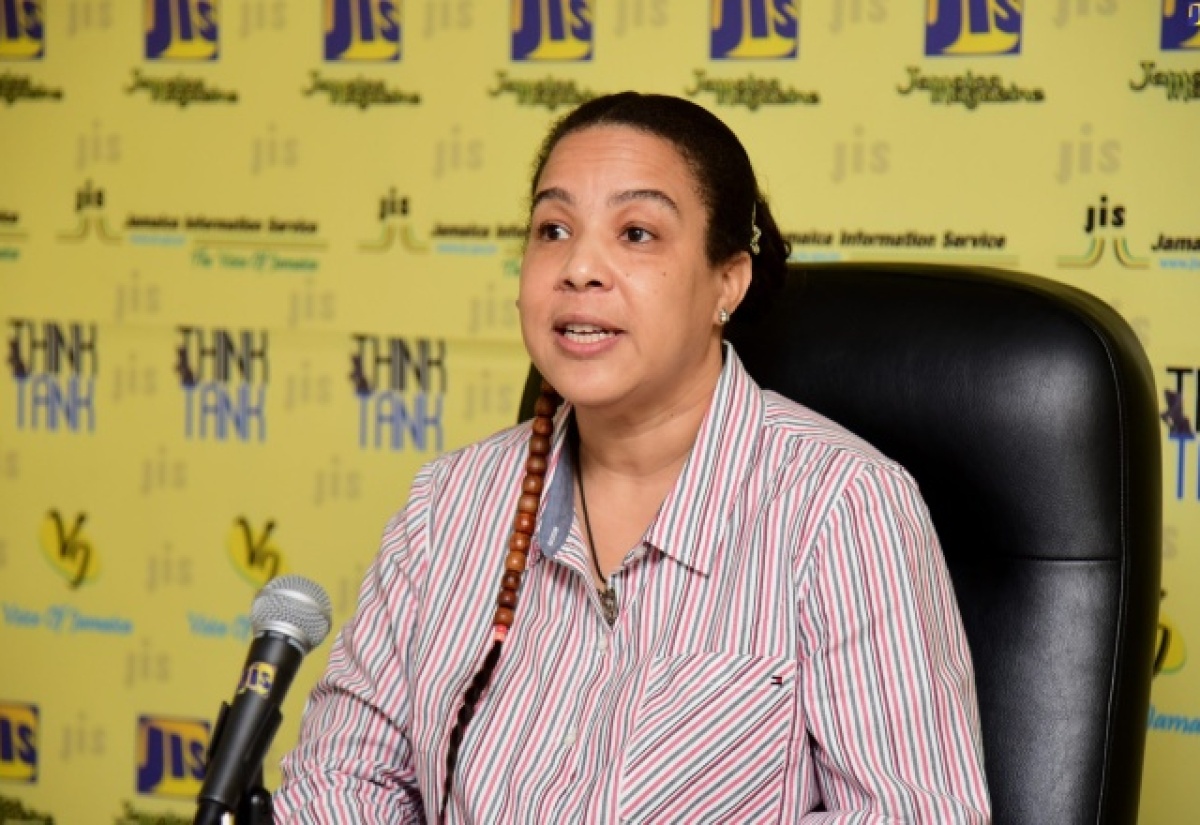Pig and Poultry Farmers Urged to Protect Their Livestock Ahead of Hurricane Beryl
By: , July 2, 2024The Full Story
Pig and poultry farmers are being advised to make special accommodation to house and protect their animals ahead of Hurricane Beryl, which is expected to affect the island on Wednesday (July3).
The Rural Agricultural Development Authority (RADA) is asking farmers to be on high alert.
Senior RADA Livestock Specialist, Maxine Brown, told JIS News that protecting poultry may prove challenging, but there are measures which can be implemented.
“If you’re a large poultry farmer, it may be a bit difficult for you to take some of your birds inside. But if you have a garage or anything like that, you can secure them a little better. If you have a small number of animals, a few rabbits and a few chickens, you could probably consider that option to find a way to keep them indoors just for the day that the hurricane will be passing,” she said.
Ms. Brown also said poultry farmers should stock up on feed and pay special attention to their layers.
“Make sure you collect the eggs and store them to avoid having eggs left outdoors, because this can be problematic as well. It’s very difficult when you have poultry, to really secure them during this type of weather.
The most you can do is to strengthen your housing structure to make it as hurricane-resistant as possible,” she advised.
“You can put in whatever reinforcement you need, where the roofing is concerned. Get the tarpaulin and secure them around the house to prevent the water from blowing in and the wind from getting where it can start lifting the roof off the house. So, in the same way that you’re battening down your house… is the same way you are going to treat the space where poultry is kept,” she said.
Battening down is recommended; but farmers should do so carefully to prevent suffocation.
“Sometimes we put tarps and tighten them so much that we forget that they (layers) need air to breathe as well. For pigs, it’s really for people to know by now if the area that you have your animals is prone to flooding. When you have concrete pens and water starts to flow in and the animals are locked up, they can’t get out. That is when you suffer these heavy losses with the drowning of pigs,” Ms. Brown pointed out.
Livestock owners, in general, are being urged to take all their animals to higher ground to minimise losses.




